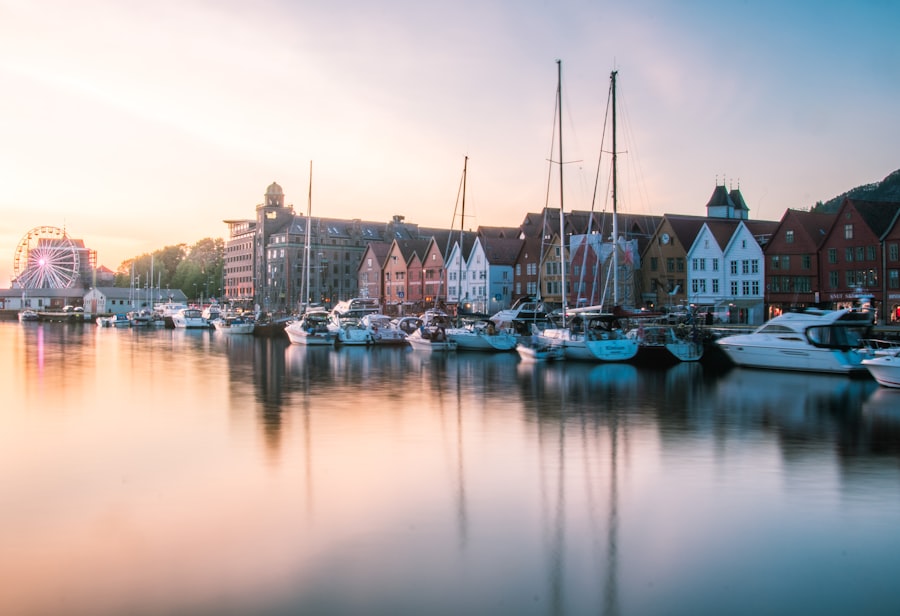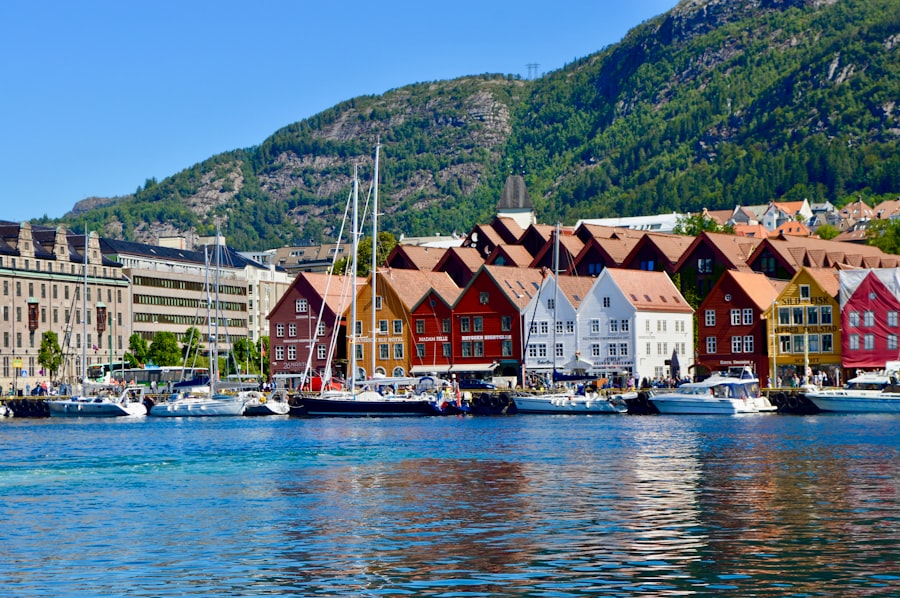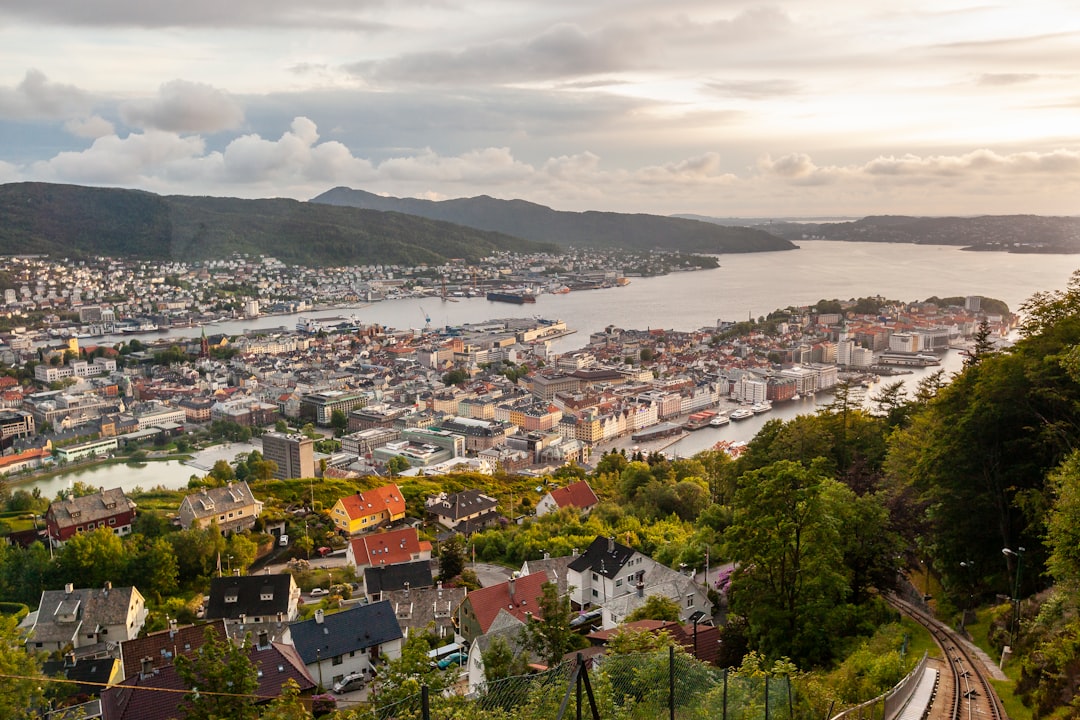In Norway, the celebration of Morsdag (Mother’s Day) and Farsdag (Father’s Day) holds a special place in the hearts of families across the nation. These days are dedicated to honouring the pivotal roles that mothers and fathers play in the lives of their children and the broader community. While these celebrations may not be as widely commercialised as in some other countries, they are deeply rooted in Norwegian culture, reflecting the values of love, respect, and gratitude towards parents.
Observed on the second Sunday in February for Morsdag and the second Sunday in November for Farsdag, these occasions provide an opportunity for families to come together, express their appreciation, and create lasting memories. The significance of Morsdag and Farsdag extends beyond mere festivities; they serve as a reminder of the importance of familial bonds and the nurturing relationships that shape individuals. In a society that values equality and togetherness, these days encourage children to reflect on the sacrifices and efforts made by their parents.
As families gather to celebrate, they not only honour their parents but also reinforce the values of love and gratitude that are central to Norwegian life. Your journey to a smooth relocation starts here. Talk one-on-one with a Norway Relocation specialist and turn your plan into a reality.
Summary
- Morsdag and Farsdag are the Norwegian equivalents of Mother’s Day and Father’s Day, celebrated on the second Sunday in February and the second Sunday in November, respectively.
- Morsdag and Farsdag have their roots in the early 20th century and were influenced by the American and British traditions of Mother’s Day and Father’s Day.
- On Morsdag, it is customary for Norwegians to give flowers, cards, and small gifts to their mothers, and to spend quality time with them.
- Farsdag is celebrated with similar gestures of appreciation, including gifts, cards, and spending time with fathers, often involving outdoor activities or special meals.
- Family plays a central role in Morsdag and Farsdag celebrations, with gatherings and shared meals being common traditions on these special days.
History and Origins of Morsdag and Farsdag
The origins of Morsdag and Farsdag can be traced back to the early 20th century when these celebrations began to gain popularity in Norway. The modern observance of Mother’s Day was inspired by similar celebrations in the United States, where Anna Jarvis campaigned for a day dedicated to mothers in the early 1900s. The idea quickly spread across the globe, reaching Norway by the 1910s.
The establishment of a specific day to honour mothers resonated with Norwegian values of family and community, leading to its widespread adoption. Farsdag followed suit, emerging as a counterpart to Morsdag. While it took a bit longer to gain traction, by the mid-20th century, Farsdag had become an integral part of Norwegian culture.
The celebration of fathers was influenced by similar movements in other countries, particularly in the United States. As both days became more established, they evolved into occasions for families to come together, share meals, and express their love and appreciation for one another.
Traditions and Customs of Morsdag in Norway

Morsdag is celebrated with a variety of cherished traditions that reflect the warmth and affection Norwegians have for their mothers. One of the most common customs is for children to surprise their mothers with breakfast in bed, often featuring traditional Norwegian treats such as freshly baked bread, cheese, and homemade jams. This simple yet heartfelt gesture sets the tone for a day filled with love and appreciation.
In addition to breakfast, many families take the opportunity to create handmade gifts or cards for their mothers. These tokens of affection often carry personal messages that highlight the unique bond between mother and child. As the day unfolds, families may gather for a special meal, where they share stories and reminisce about cherished memories.
This emphasis on togetherness is a hallmark of Morsdag celebrations, reinforcing the importance of family connections.
How Norwegians Celebrate Farsdag
Farsdag celebrations mirror those of Morsdag in many ways, with a focus on honouring fathers through acts of love and appreciation. Similar to Mother’s Day, children often prepare breakfast for their fathers, showcasing their culinary skills with traditional dishes. This gesture not only serves as a way to express gratitude but also fosters a sense of togetherness within the family unit.
As the day progresses, families may engage in various activities that reflect their father’s interests or hobbies. Whether it’s going for a hike in Norway’s stunning natural landscapes or enjoying a leisurely afternoon at home playing games, these shared experiences create lasting memories. Additionally, many families choose to present their fathers with thoughtful gifts that reflect their personalities or interests, further emphasising the significance of this day.
The Role of Family in Morsdag and Farsdag Celebrations
Family plays a central role in both Morsdag and Farsdag celebrations, serving as the foundation upon which these occasions are built. In Norway, family is often viewed as a source of support, love, and guidance throughout one’s life. As such, these days provide an opportunity for families to come together and strengthen their bonds.
The act of celebrating parents is not merely about giving gifts or participating in traditions; it is about recognising the sacrifices made by mothers and fathers throughout their lives. Children are encouraged to reflect on their parents’ contributions and express their gratitude openly. This emphasis on familial appreciation fosters a culture of respect and love that permeates Norwegian society.
Gift Giving and Special Treats for Morsdag and Farsdag

Gift-giving is an integral part of both Morsdag and Farsdag celebrations in Norway. However, unlike many other countries where commercialism often overshadows genuine sentiment, Norwegians tend to focus on thoughtful gifts that carry personal meaning. Children may create handmade cards or crafts that showcase their creativity while expressing their love for their parents.
In addition to handmade gifts, special treats are often prepared to mark these occasions. Traditional Norwegian cakes or pastries may be served during family gatherings, adding a festive touch to the celebrations. These culinary delights not only satisfy sweet cravings but also serve as a symbol of love and care that parents have instilled in their children.
Public Events and Activities on Morsdag and Farsdag
While Morsdag and Farsdag are primarily celebrated within families, public events and activities also play a role in enhancing the spirit of these occasions. Many communities organise events such as family picnics or outdoor activities that encourage families to come together and celebrate parenthood collectively. These gatherings foster a sense of community while allowing families to connect with others who share similar values.
In urban areas like Oslo, local businesses may host special promotions or events aimed at celebrating parents during these days. From flower shops offering discounts on bouquets to restaurants providing special menus for families, there is a palpable sense of excitement surrounding Morsdag and Farsdag that extends beyond individual households.
The Commercial Aspect of Morsdag and Farsdag in Norway
While Morsdag and Farsdag are celebrated with heartfelt gestures rather than extravagant commercialism, there is still an undeniable commercial aspect associated with these occasions in Norway. Retailers often capitalise on the opportunity to promote gifts such as flowers, chocolates, or personalised items that can be given to mothers or fathers. However, this commercialisation is generally approached with caution; Norwegians tend to favour meaningful gifts over lavish spending.
The focus remains on creating genuine connections rather than succumbing to consumerism. Many families choose to forego expensive gifts altogether in favour of shared experiences or homemade tokens of appreciation. This approach reflects the Norwegian ethos of valuing simplicity and authenticity over material possessions.
Morsdag and Farsdag in the Context of Norwegian Culture and Society
Morsdag and Farsdag are deeply embedded within Norwegian culture, reflecting societal values that prioritise family connections and mutual respect. These celebrations serve as reminders of the importance of nurturing relationships within families while also acknowledging the broader community’s role in supporting parents. In a society that champions gender equality, both mothers and fathers are recognised for their contributions to family life.
The observance of these days encourages conversations about parenting roles and responsibilities while fostering an environment where both parents feel valued and appreciated.
How Morsdag and Farsdag Compare to Mother’s Day and Father’s Day in Other Countries
When comparing Morsdag and Farsdag to Mother’s Day and Father’s Day in other countries, several key differences emerge. In many cultures, these celebrations have become heavily commercialised events marked by extravagant gifts and elaborate displays of affection. In contrast, Norway’s approach remains grounded in simplicity and sincerity.
While some countries celebrate Mother’s Day on different dates or with varying customs, Norway’s choice to observe it on the second Sunday in February aligns with its Nordic neighbours’ practices. Similarly, Farsdag’s timing reflects a shared understanding among Scandinavian nations regarding the importance of honouring fathers.
The Significance of Morsdag and Farsdag in Norwegian Culture
In conclusion, Morsdag and Farsdag hold profound significance within Norwegian culture, serving as cherished occasions for families to come together in celebration of parental love and appreciation. These days encapsulate the essence of familial bonds while reinforcing values such as gratitude, respect, and togetherness. As Norwegians gather to honour their mothers and fathers each year, they not only celebrate individual contributions but also strengthen the fabric of society itself.
The emphasis on meaningful gestures over commercialism ensures that these celebrations remain authentic expressions of love—a testament to the enduring importance of family in Norwegian life. For those considering relocating to Norway or immersing themselves further into its culture, organisations like the Norway Relocation Group can provide invaluable assistance during this transition period. They offer support tailored specifically for newcomers navigating life in Norway—ensuring that you feel at home while embracing local customs.
Additionally, if you wish to deepen your understanding of Norwegian language and culture further, enrolling in courses at the NLS Norwegian Language School in Oslo can be an excellent step forward. These courses not only teach language skills but also provide insights into cultural nuances that will enrich your experience living in this beautiful country.
Register for a Norwegian class at the NLS Norwegian Language School now!

